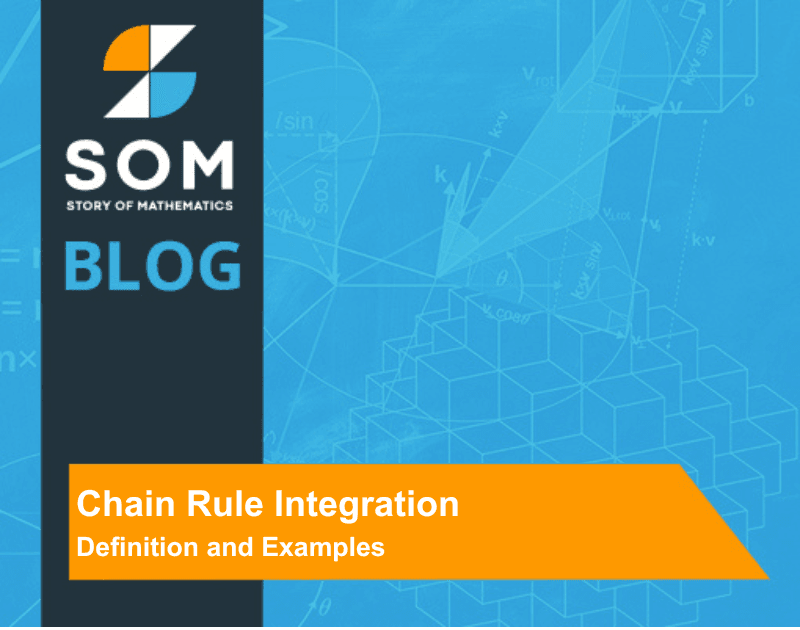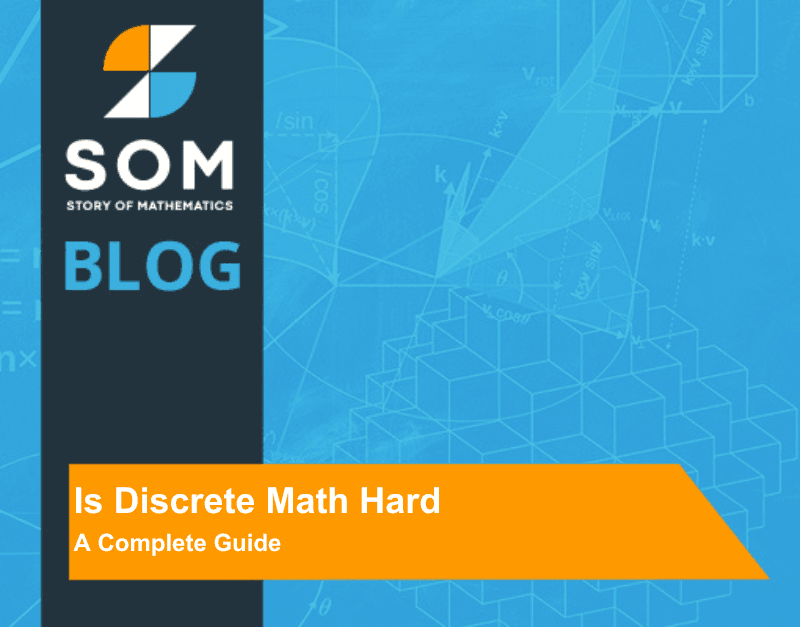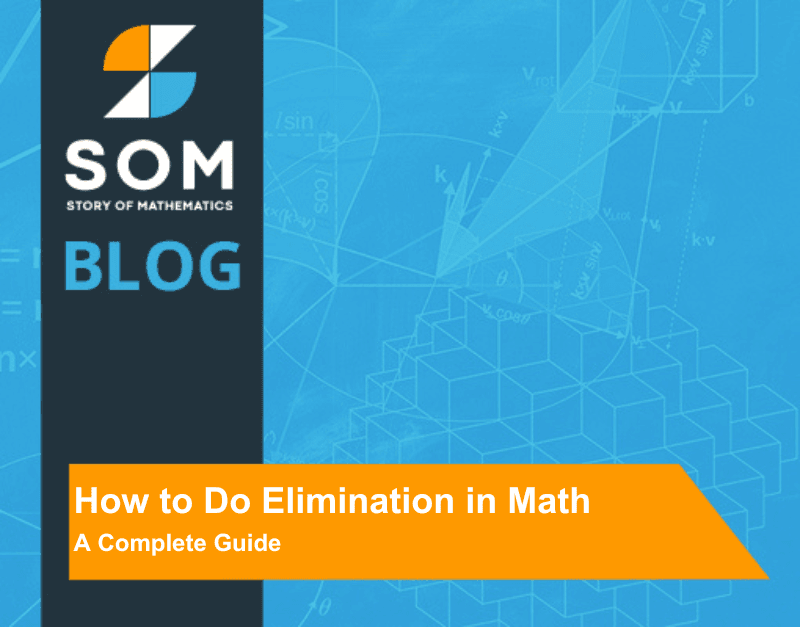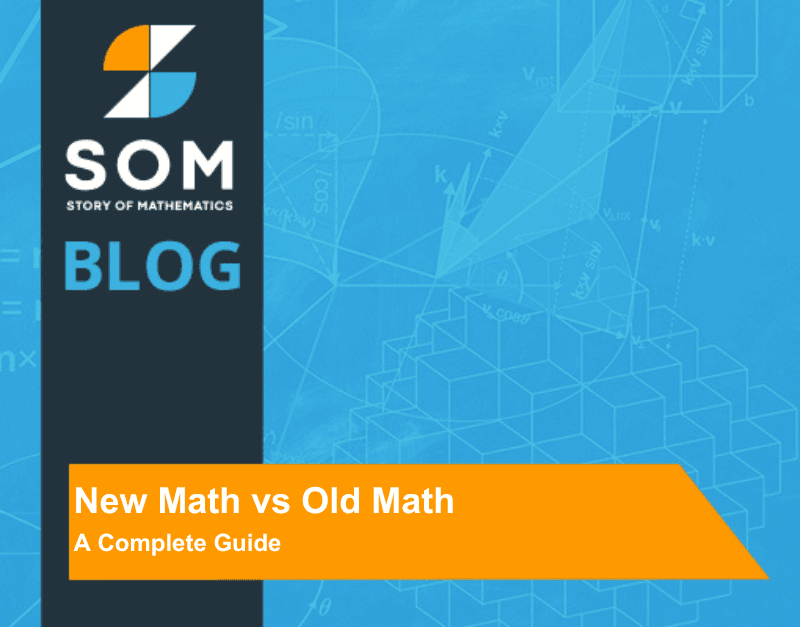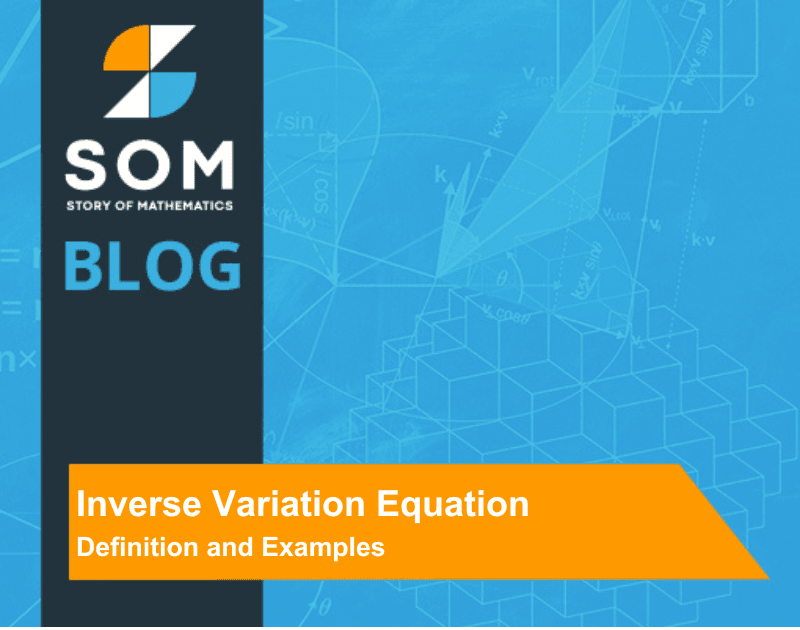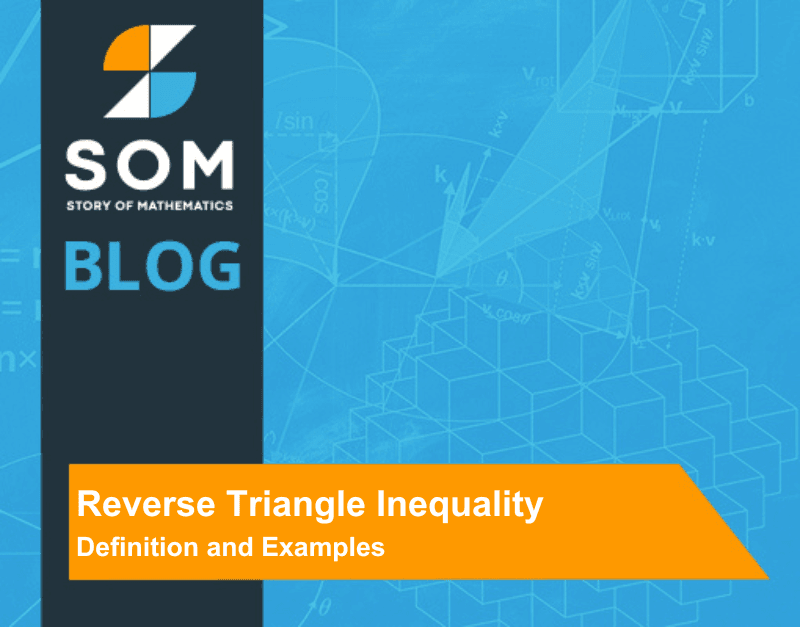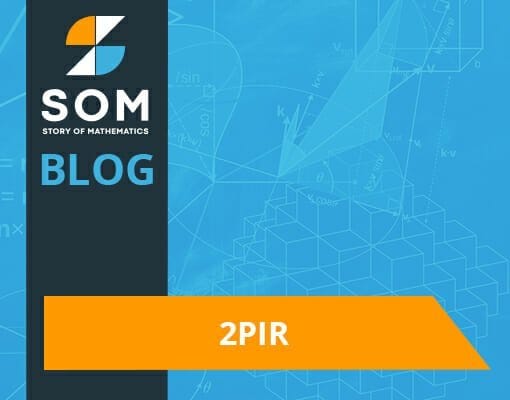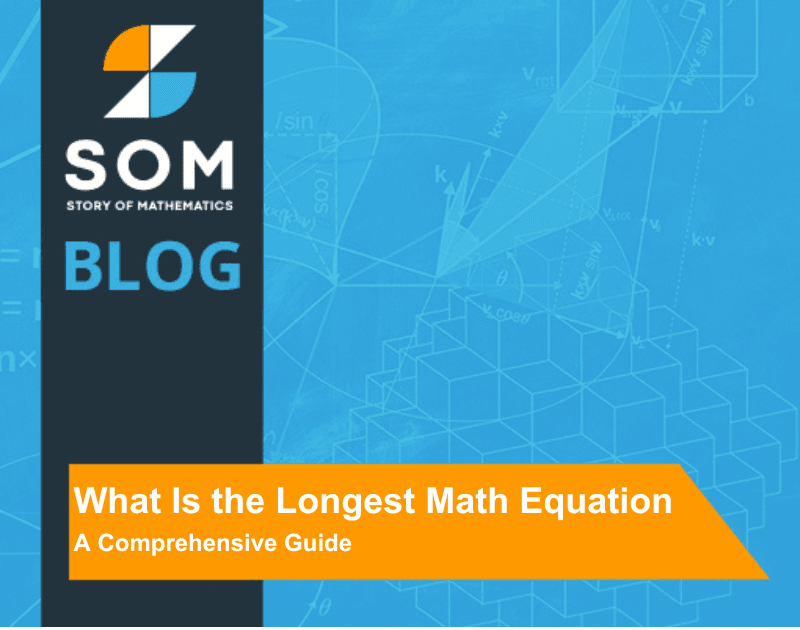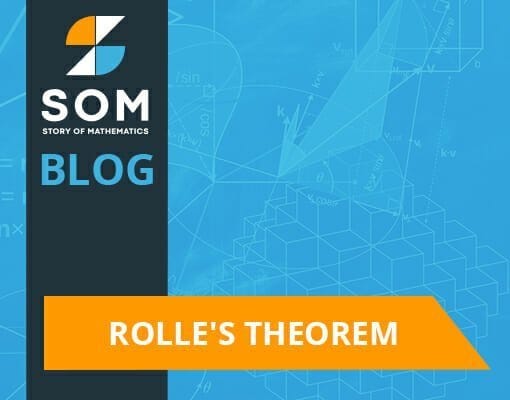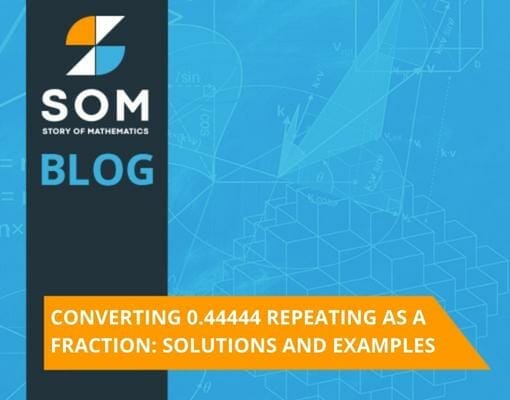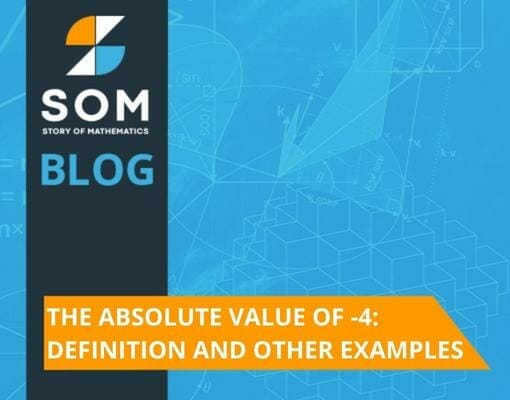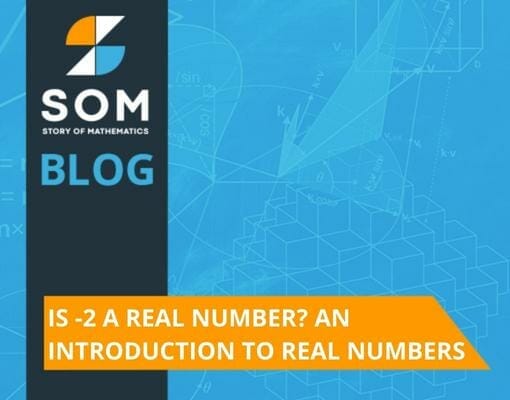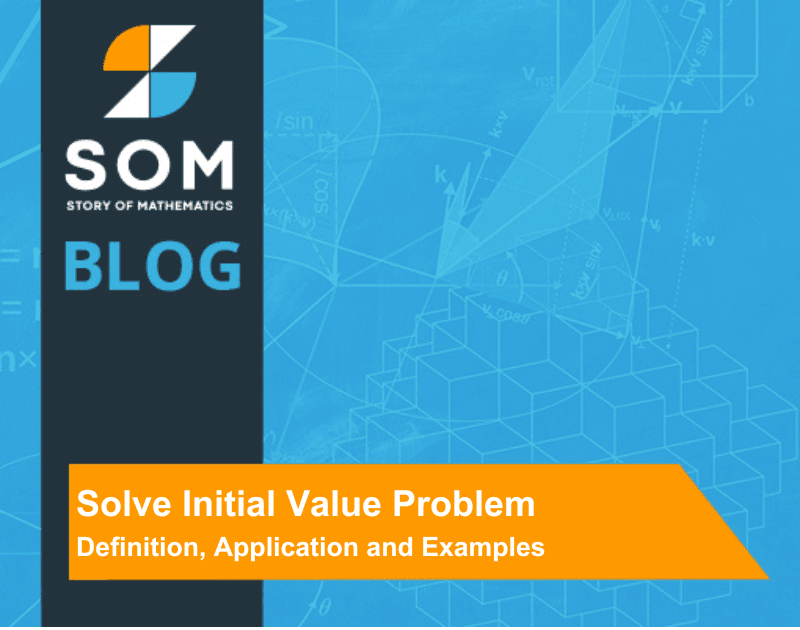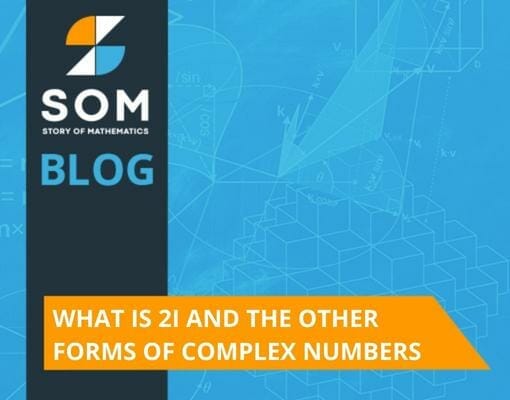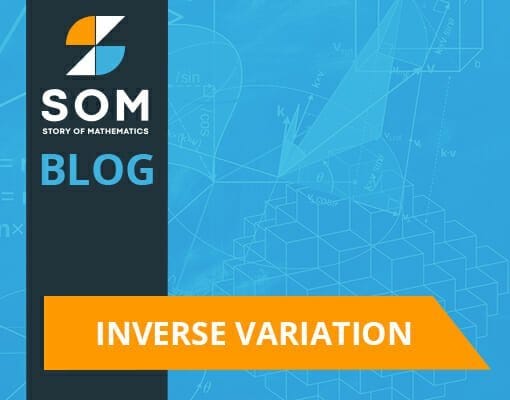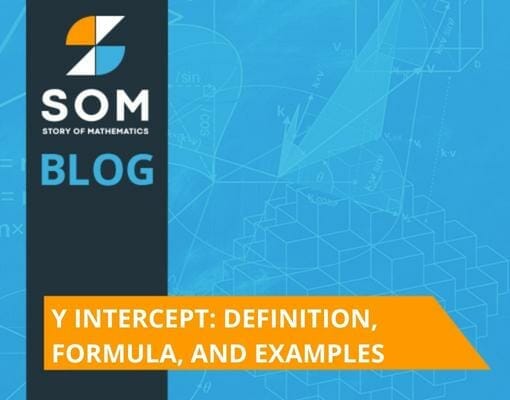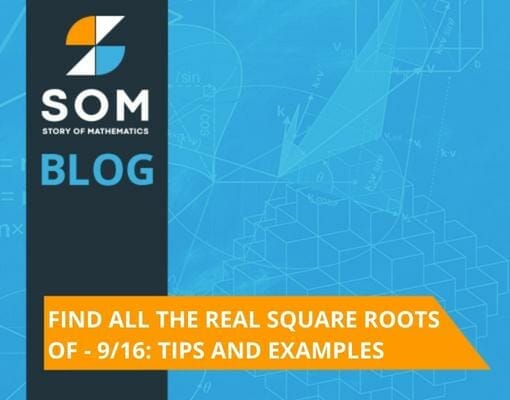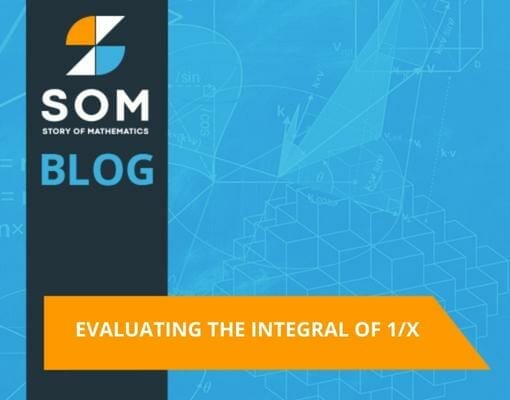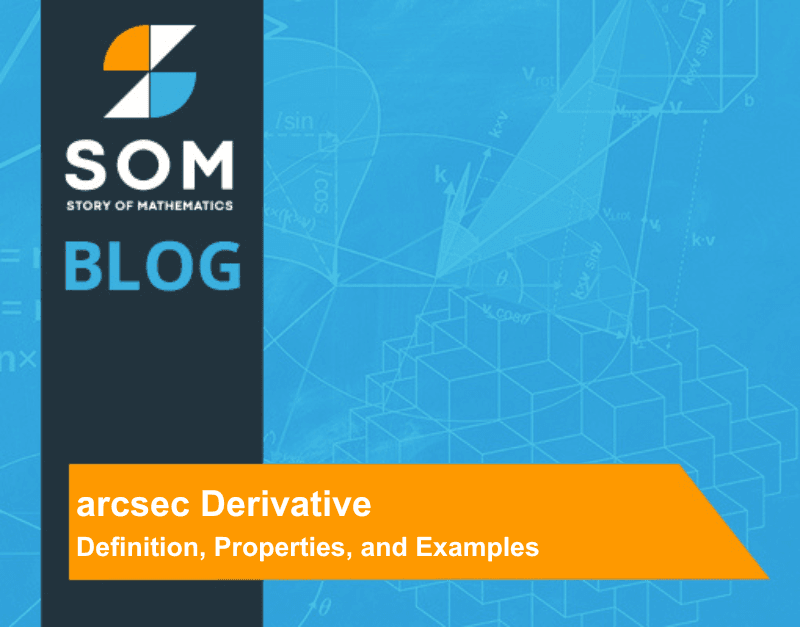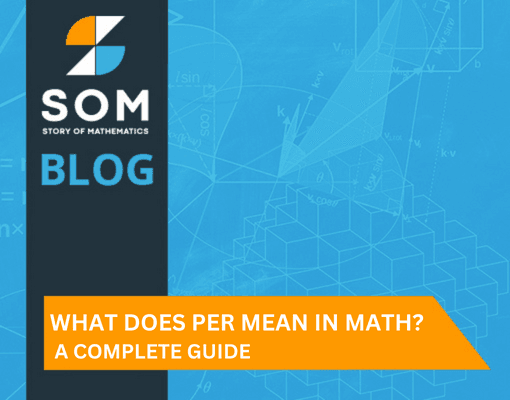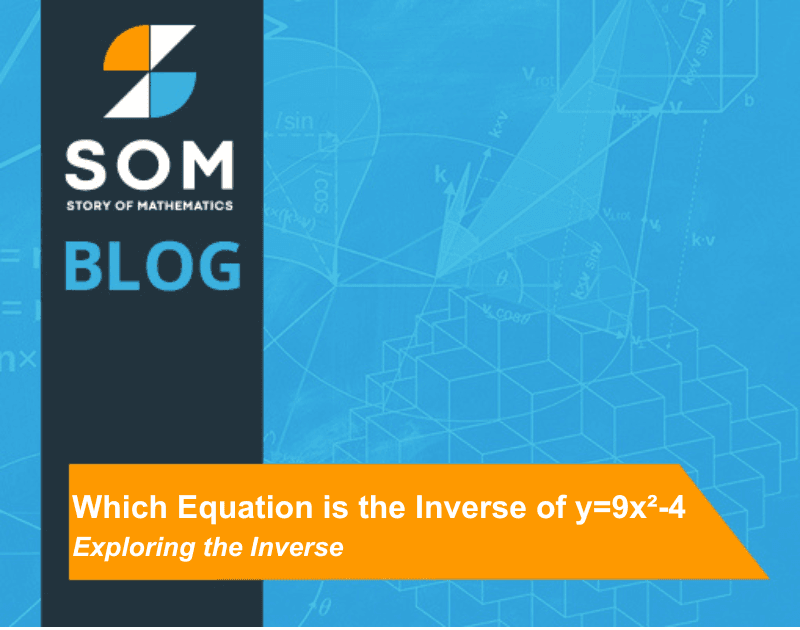In this article, we’ll dive deep into the world of ‘Chain Rule Integration,’ illuminating its importance, mechanics, and the various techniques that hinge on its use. Whether you’re a calculus newbie or an established mathematician looking for a refresher, this comprehensive guide aims to demystify the complexities and equip you with the essential tools to […]
Category Archives: Blog
Is Discrete Math Hard? No, discrete math is not always hard; in fact, people with a strong analytical background or strong analytical talents may find discrete math to be more approachable. The investigation of distinct and independent frames is the cornerstone of the branch of mathematics known as discrete mathematics, which frequently causes disagreement among […]
“Are Fractions Integers?” is a question that has probably crossed many minds, especially those beginning their journey in mathematics. Whether you’re a mathematics aficionado or a novice, this article promises to be an engaging and insightful exploration of these fundamental numerical concepts. Are Fractions Integers? No, fractions are not integers. Integers are whole numbers, both […]
This article will delve into the LIATE rule, offering a comprehensive understanding of its significance, application, and how it contributes to easing the complex integration process. Defining LIATE LIATE is an acronym that stands for Logarithmic, Inverse trigonometric, Algebraic, Trigonometric, and Exponential functions. It is a rule of thumb to help you choose the […]
The antiderivative graph is the graph of the antiderivative or integral of a given function. Take note that if we take the antiderivative of a derivative, it will provide us with the original function. Hence, when we want to sketch or draw the graph of an antiderivative, we are converting a derivative function to its […]
The function $sin^{-1}x$, also known as the inverse sine function, is an inverse form of a trigonometric function, and theoretically, we call it a sine inverse “x” function. It can also be written as arc $sin(x)$ or can be read as arc of $sin(x)$ function. This function represents the inverse of the original sin(x) function. […]
This article explores the concept of the average rate of change over an interval, aiming to illuminate this mathematical tool in a manner accessible to everyone. Defining Average Rate of Change Over an Interval The average rate of change over an interval refers to the change in the value of a function between two points […]
How to Do Elimination in Math? To do elimination in math, it involves manipulating equations or expressions by adding, subtracting, or multiplying them to eliminate specific variables or terms, making the problem simpler and allowing for easier solution finding. It is commonly used in solving systems of linear equations and simplifying algebraic expressions. Elimination is […]
In this article, we dive deep into the heart of the orthogonal complement, exploring its definition, properties, and applications. Whether you’re a mathematician seeking to strengthen your understanding or a curious reader drawn towards the enchanting world of linear algebra, this comprehensive guide on the orthogonal complement will illuminate the torchlight. Definition of Orthogonal Complement […]
What is the Difference Between New Math and Old Math? The difference between “New Math” and “Old Math” lies in their approaches to mathematics education, curriculum design, and teaching methodologies. Here are the key distinctions between the two: Old Math (Traditional Math) Rote Memorization The term “rote memory,” which may also be reduced to “rote […]
Inverse variation equations represent a captivating class of mathematical relationships that embody a distinct form of interdependence. When an inverse variation equation links two variables, an increase in one leads to a corresponding decrease in the other, and vice versa. This article will explore the mathematical elegance and practical importance inherent to inverse variation equations. […]
This article will focus on an intriguing task – finding the derivative of ln(2x) (the natural logarithm function). As one of the cornerstone concepts in calculus, the derivative serves as a powerful tool in deciphering the rate of change or the slope of a function at any point. Defining Derivative of ln(2x) The derivative of […]
In this article, we dive into the captivating world of a triangle inside a circle, unraveling the beautiful intricacies of this geometric arrangement. Join us as we navigate through a series of theorems, concepts, and real-world applications that illuminate the richness of this captivating geometric relationship. Definition of Triangle Inside a Circle A triangle inside […]
In this article, we delve into the world of inequalities, uncovering the essence of the reverse triangle inequality, its proof, its real-world implications, and its connections to the broader mathematical landscape. Definition of Reverse Triangle Inequality The reverse triangle inequality, also known as the negative triangle inequality, is a theorem in mathematics that relates to […]
The Easiest Math Classes in College The easiest math classes in college often include “Math for Liberal Arts” and “Business Math“, catering to a broader audience with practical applications. However, “easy” is subjective and varies based on individual aptitude and interests. Since they are developed for a wider audience and have immediate practical ramifications, courses […]
In the realm of mathematical analysis, determining whether a series converges or diverges is a fundamental question. The p-series test provides a valuable tool for investigating the behavior of a specific type of series known as the p-series. This article delves into the definition of the p-series, explores its properties, and provides a comprehensive understanding […]
Using the test point method, you can determine significant intervals and thereafter test a number out of each interval. This method simplifies the solution of linear, quadratic, and rational inequalities. In this complete guide, you will learn about the test point method and its applications as well as linear, quadratic, and rational inequalities. How To […]
What is the Difference Between Mathnasium and Kumon? The difference between Mathnasium and Kumon lies in their teaching approaches. Mathnasium emphasizes one-on-one tutoring, whereas Kumon emphasizes individual study following a set curriculum at your own speed. A child’s success in school and in life depends in large part on his or her aptitude in mathematics. […]
In this article, we’ll demystify the complexity of the scalar triple product, unraveling its intriguing mathematical structure, real-world applications, and the exciting pathways it opens in understanding the three-dimensional world around us. Buckle up and join us on this mathematical adventure! Definition of Scalar Triple Product The scalar triple product is a mathematical operation involving […]
2pir is the circumference of a circle. The circumference (or the perimeter) of a circle is the total length of the circle’s boundary. The circumference is a linear measure, and its units are mostly given as centimeters, meters or inches. A circle is a closed round figure, and all the points on the circle’s boundary […]
The domain of $ln(x)$ is $x>0$, which means that $x$ can only accept positive real values. The natural logarithm, represented by $ln x$, is the logarithm having the base $e$. This complete guide will teach you about natural logarithms, their domains, and ranges. What Is the Domain of In (Natural Logarithm)? The domain of $ln(x)$ is […]
The Longest Math Equation Equations are fundamental to mathematics because they allow for the translation of chaotic occurrences into a system of symbols and notations. In sharp contrast to the mind-boggling complexity of non-linear dynamics, whose equations encompass the complete spectrum, we find the Pythagorean theorem. Even when applied to such a large scope, the […]
Rolle’s theorem states that if a real-valued function is continuous in a closed interval $[a,b]$ and is differentiable on the open interval $(a,b)$ while $f(a) = f(b)$, then there must be a point “$c$” in the open interval $(a,b)$ such that $f'(c) = 0$. The graphical representation of Rolle’s theorem is given below. Rolle’s theorem […]
Welcome to exploring the fundamental principles of geometry, focusing on the intriguing concept of points that lie on the same line. In this article, we’ll dive deep into the principles of lines in two-dimensional and three-dimensional spaces, the tests for the points that lie on the same line, essential theorems, and the pervasive influence of […]
In this article, we will delve into the reasons for rounding the mean, the different rounding methods available, and the potential implications of rounding on data analysis and decision-making processes. Definition Rounding the mean refers to the process of adjusting the calculated average of a set of numbers to a specified degree of precision. The […]
Our journey through this article will illuminate the nuances of e^infinity ($e^∞$), shedding light on its mathematical implications, its role in defining the boundaries of mathematical growth, and its wide-ranging applications in science and engineering. Whether you are a veteran mathematician, an enthusiastic STEM student, or simply a curious intellect seeking to unravel mathematical marvels, […]
The domain and range of radical functions are the possible input and output values of the function. If $f(x)$ is a radical function, then all the possible input values are the domain of the function while all the possible outputs are the range of the function. In this complete guide, we discuss in detail how […]
Shaded triangles are provided in a variety of ways in mathematics so that their area can be calculated using an appropriate method. A triangle is a three-edged polygon having three vertices. It is a fundamental shape in geometry. This complete guide will teach you about different types of triangles as well as the methods for calculating […]
The derivative of $sec2x$ is $2sec2xtan2x$. The chain rule is used to differentiate $sec2x$. The chain rule comes up with a way to calculate the derivative of composite functions with both the number of functions in the composition identifying the number of differentiation steps required. In this article, we will discuss in detail the methods […]
Writing 0.44444 repeating as a fraction is equivalent to $frac{4}{9}$. You might be wondering how we arrive with $frac{4}{9}$ as the fraction equivalent to the decimal 0.44444, repeating terms. Follow our step-by-step guide to transforming decimals with repeating and nonterminating terms. Learn how to quickly convert this type of decimal with actual examples. Why 0.44444 […]
The absolute value of -4 is the positive, or more specifically, the nonnegative, real number $4$. The concept of absolute value has many applications in both mathematics and everyday life. Thus, learning how to solve for absolute values is important. In this article, we will discuss the definition of absolute value and how to find […]
To know what is the additive inverse of the polynomial, we solve for the polynomial that results from negating all of the terms in the original polynomial. In other words, the additive inverse of a polynomial is the polynomial that has the same coefficients as the original polynomial but with the opposite sign. Additive inverses […]
Is -2 a real number? The answer is yes; $-2$ is a real number. Real numbers are the numbers that we use in our everyday lives. They are the numbers that we use when we count or measure things. They are the numbers that we use when we add, subtract, multiply, and divide. The Real […]
Solving initial value problems (IVPs) is an important concept in differential equations. Like the unique key that opens a specific door, an initial condition can unlock a unique solution to a differential equation. As we dive into this article, we aim to unravel the mysterious process of solving initial value problems in differential equations. This […]
What is 2i? It is an imaginary number because 2i has the form $bi$, where $b$ is a real number, and $i$ is the imaginary unit. These numbers give a value for the square root of negative numbers. Note that the square root of a negative number does not exist in the real line. Let […]
Inverse variation means that a variable has an inverse relationship with another variable, i.e., the two quantities are inversely proportional or varies inversely to each other. Mathematically, it is defined by the relation $y = dfrac{c}{x}$, where $x$ and $y$ are two variables and $c$ is a constant. Two quantities $x$ and $y$ are said […]
In defining what is y intercept, we need to take note of the graph of a function. The y-intercept of any given function is the point where the graph touches the y-axis. Thus, the y-intercept of a graph is the point $(0,b)$ where $b$ is the value in the y-axis where the graph crosses. It […]
Today’s focus, the derivative of 2 to the x, is a cornerstone example that shines a light on the fundamental process of differentiation. We will illuminate the basic ideas of calculus by delving into the specifics of this situation, laying the groundwork for further mathematical investigations. Embarking on a mathematical tour through the landscape of […]
Embrace the elegance of mathematics as we delve into the exciting world of absolute value limits. This article explores the concept of absolute value limits, highlighting the mathematical rules, important properties, and the powerful applications they hold. Definition of Absolute Value Limits In mathematics, the limit of a function as its argument or input tends […]
Similar triangles proof is a captivating facet of geometry, offering a rich playground for mathematical exploration and proof, embodying the harmony and beauty in the world of shapes and forms. These congruent figures, despite their varying scales, uphold the fundamental principle of similarity: maintaining identical angles while exhibiting proportional sides. Through this article, we will […]
In this comprehensive exploration, we will specifically focus on arctan(0), demystifying its meaning, understanding its mathematical underpinnings, and unveiling its significance in real-world applications. Definition The arctan function, also known as the inverse tangent or tan^(-1), is used to find the angle whose tangent is a given number. In other words, it undoes what the […]
To find all the real square roots of – 9/16, first, pay attention to the negative sign in the fraction, and note that negative numbers do not have real square roots. Thus, the answer to this problem is that – 9/16 does not have real square roots. Let’s find out why – 9/16 does not […]
The process of integration is considered the reverse of taking the derivative of a function. We can look at integrals in such a way that the function being integrated is the function in its derivative form while the integral of that function is the original function. That is: begin{align*} int f(x)=F(x)+C end{align*} where begin{align*} dfrac{d}{dx} […]
The limit of a series is a fundamental concept in mathematical analysis that provide insights into the behavior and convergence of sequences. This article dives into the intricacies of the limit of a series, investigating the patterns that determine whether a series converges to a finite value or diverges to infinity. By examining the foundations […]
The AC method is a mathematical method that is used in the factorization of quadratic functions. The AC method is also called the lazy ac method, and it is used to determine whether the factors of the given function can be determined or not. It can also be used for factoring polynomials or, more specifically […]
This article aims to shed light on the arcsec derivative, exploring its fundamental properties, applications, and the inherent elegance it brings to mathematical analysis. So, let us embark on this mathematical journey and delve into the depths of the arcsec derivative to uncover its hidden treasures. Defining arcsec Derivative The arcsec derivative represents the rate […]
Caltech vs MIT: Both the universities are a cut above the rest when it comes to research and development in science and technology. In this article, we will compare these two universities based on location, admission criteria, academic programs, fee structure, financial aid, student community, and various other factors. This article will help high school students […]
The “per” in mathematics means “for each” or “for every” and it is used to show a ratio between two quantities or elements. The term per is generally used when we want to compare two quantities, with one as a numerator and the second as a denominator. For example, when we talk about acceleration, we […]
Introduction The captivating allure of mathematics lies in exploring the inverse equation of y = 9x² – 4. By unraveling the inverse of a function, mathematicians can unlock a hidden world where the roles of input and output are reversed, unveiling new insights and possibilities. Among the myriad functions that have captured the attention of […]
This article aims to delve into the labyrinth of uniform continuity, illuminating its distinct attributes, elucidating its relevance in the world of mathematics, and demystifying its application in practical scenarios. Defining Uniform Continuity Uniform Contuinity is a property of a coreesponding mathematical function. In mathematical analysis, a function is said to be uniformly continuous if, […]

